T4K3.news
Missionaries Engage with Isolated Indigenous Groups in Brazil
Evangelical groups are using secret devices to reach uncontacted communities amid legal prohibitions.
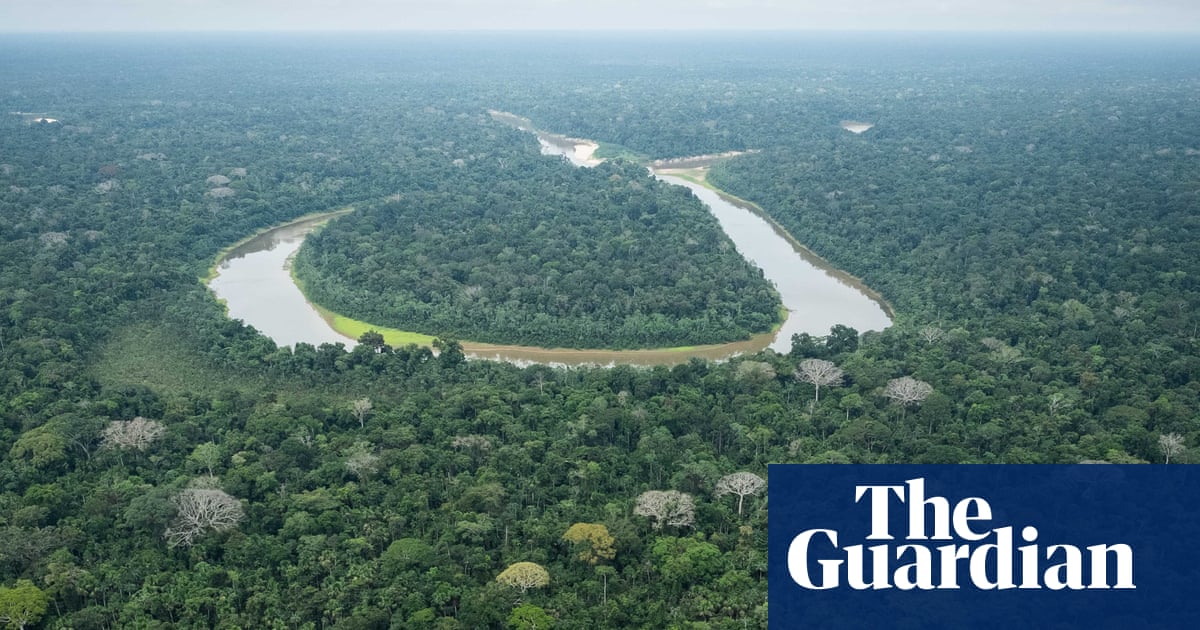
Evangelical missions are reportedly using secret devices to reach Brazil's uncontacted communities, sparking controversy.
Evangelical Missions Challenge Protections for Isolated Indigenous Peoples
In Brazil, a complex situation unfolds in the Javari Valley where evangelical Christian groups attempt to contact isolated Indigenous communities. Mayá, a 60-year-old leader of the Korubo people, recently took a medical trip, leaving behind an audio device loaded with religious messages. Such devices, known as Messenger, are supplied by In Touch Ministries, an organization based in Georgia, and have stirred significant controversy due to Brazilian laws prohibiting missionary work in these areas. Reports indicate that despite laws aimed at protecting uncontacted peoples, organizations like New Tribes Mission and Youth With A Mission are actively engaging with these communities. Recent incidents involve unauthorized interactions and covert activities to spread religious beliefs, further complicating the already delicate relationship between Indigenous rights and missionary activities. Furthermore, a federal prosecutor's office assessment highlights that missionary actions pose a direct threat to the survival of several recognized isolated groups in Brazil.
Key Takeaways
"I don’t want missionaries to come to our village. If they do, we will club them."
Mayá, a leader among the Korubo, expresses strong opposition to missionary presence.
"Their strategy has been innovative. They come offering artesian wells and solar panels."
Bushe Matís discusses the methods used by missionaries to engage with local communities.
"The concepts brought in by evangelists have destructive power."
Nelly Marubo emphasizes the negative impact of missionary beliefs on Indigenous cultures.
"During my time as coordinator, we had no record of any missionary attempts in the Korubo villages."
Fabrício Amorim notes a shift in the missionary engagement with the Korubo.
The ongoing efforts by evangelical groups to connect with isolated Indigenous peoples in Brazil represent a clash of interests between cultural preservation and religious expansion. These missionaries often present themselves as bearers of hope and support, but with each interaction comes the risk of cultural disruption and health threats from introduced diseases. The Brazilian government's struggle to enforce protective laws underscores a significant tension as economic interests and missionary zeal intersect. The ramifications can be dire, potentially endangering the very existence of unique Indigenous cultures.
Highlights
- The presence of missionaries threatens the very essence of Indigenous cultures.
- Cultural disruption comes at a high cost as missionaries push their agenda.
- There is no place for evangelism in the land of the uncontacted.
- Missionaries' plans often collide with protections for isolated peoples.
Missionary Activities Pose Risks to Indigenous Rights
Recent missionary attempts to contact isolated Indigenous groups in Brazil violate laws designed to protect these communities. This raises concerns over cultural preservation and public health, with reports indicating direct threats to Indigenous peoples' sovereignty and wellbeing.
The balance between respect for Indigenous autonomy and the missionary agenda continues to provoke critical discussions.
Enjoyed this? Let your friends know!
Related News
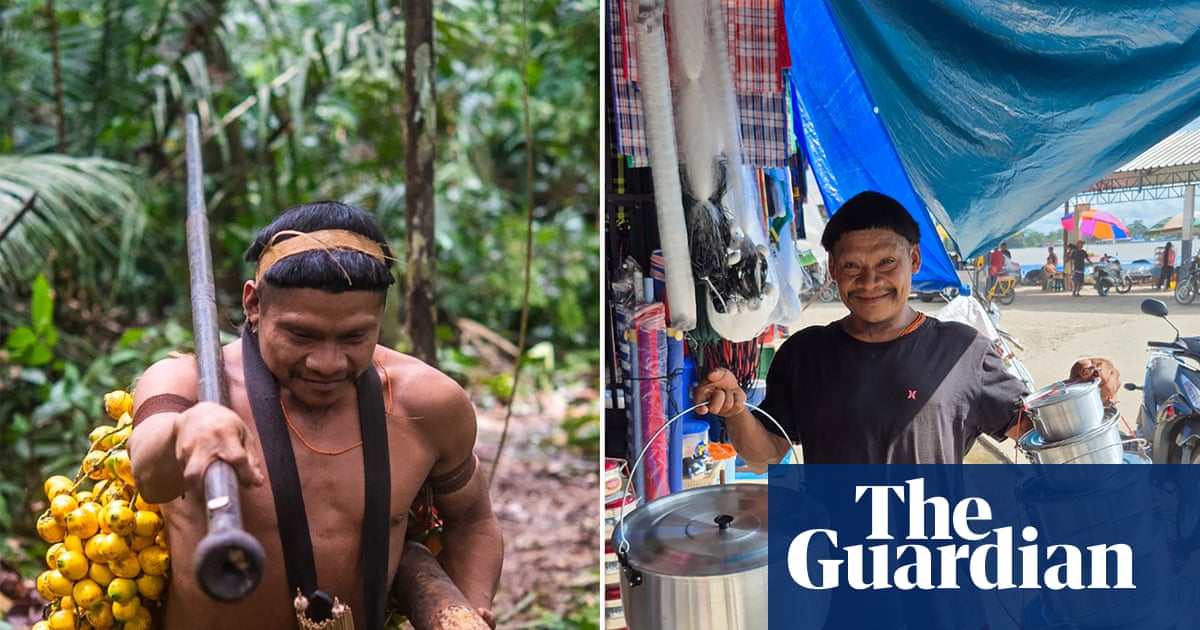
Korubo people begin adapting to modern life
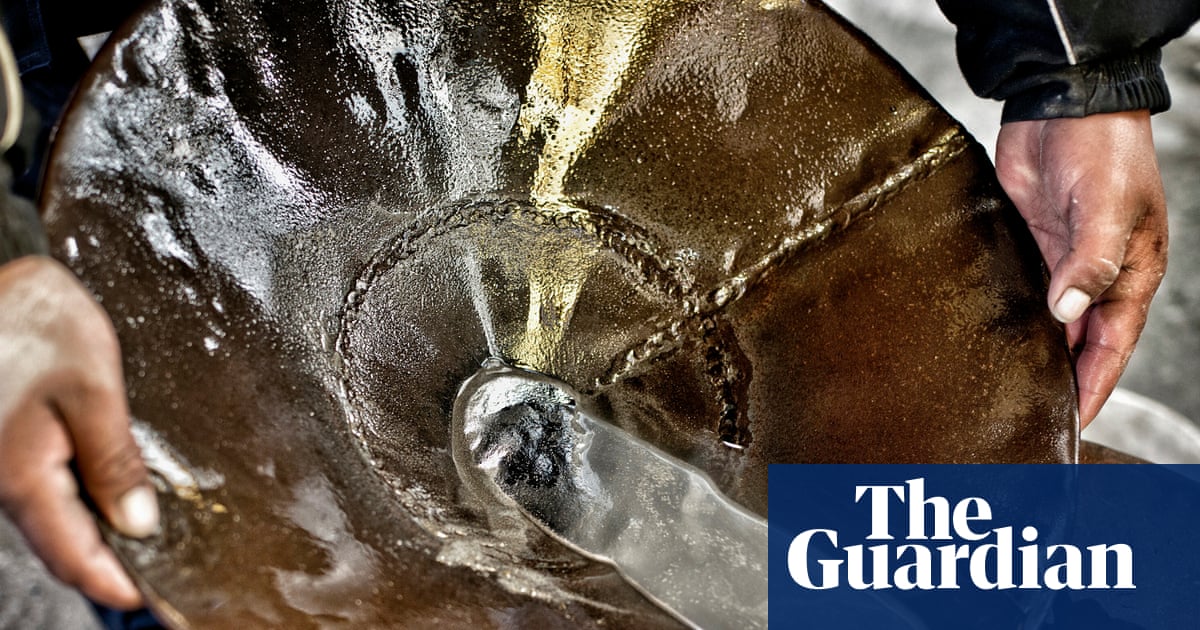
Illegal mercury trade expands amid cartel activities

Ancient Drawings Found Near Dinosaur Footprints
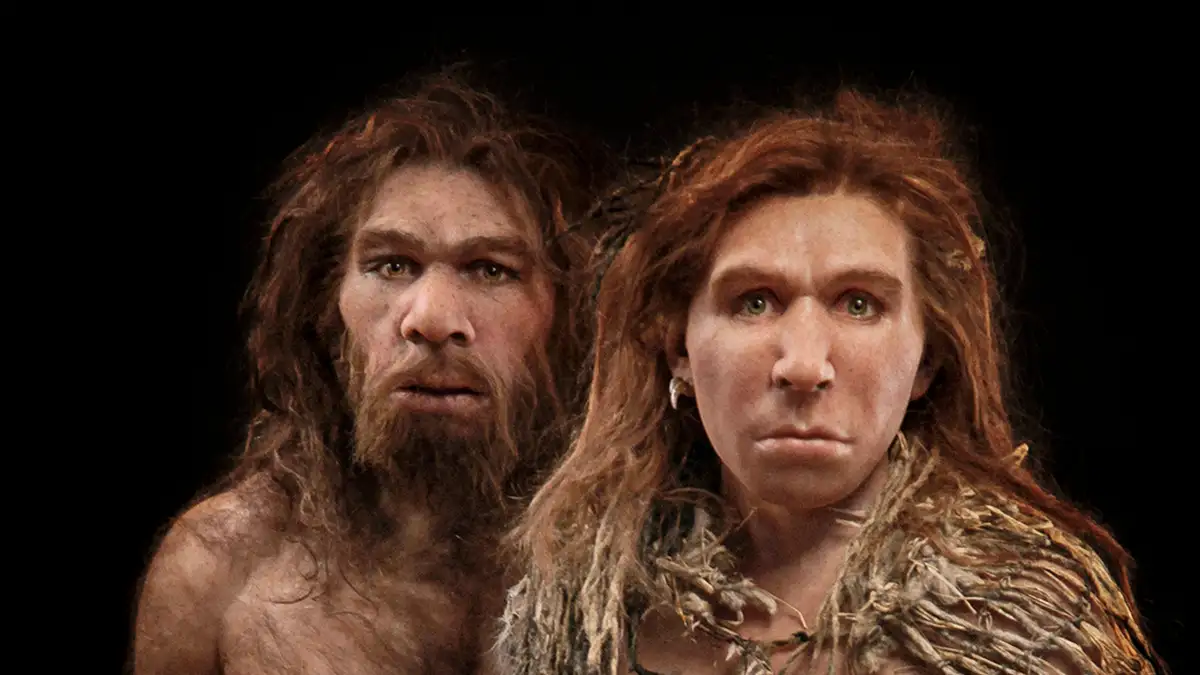
New findings reveal connections between humans and Neanderthals

Everton makes historic return to New York City
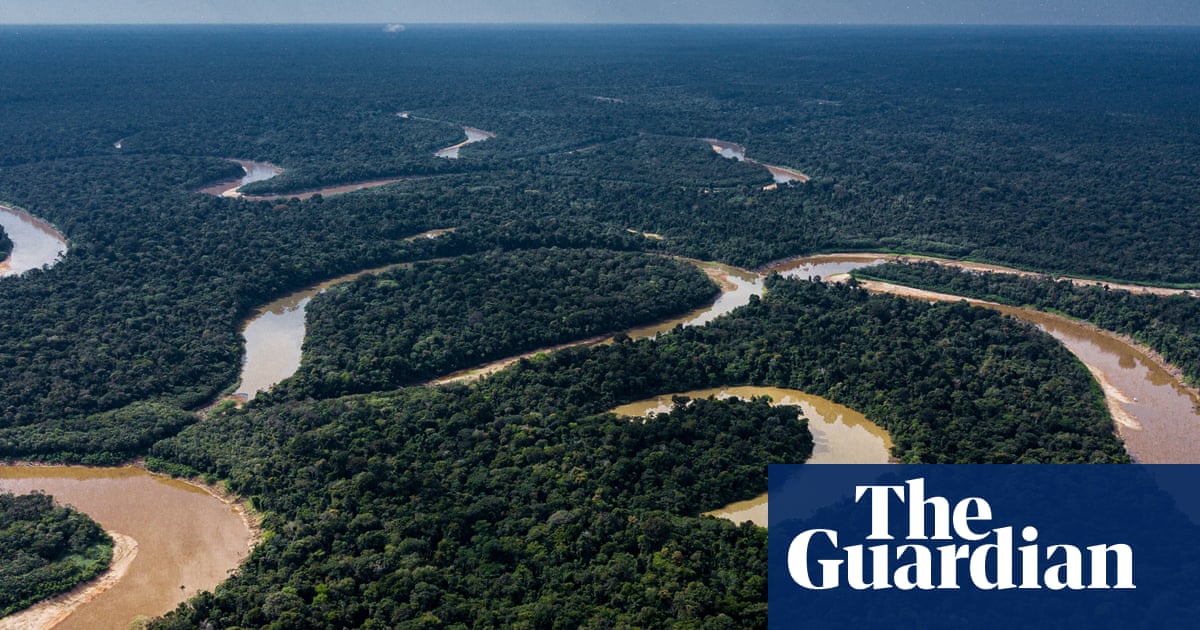
Marubo tribe sues New York Times over defamation

WHO Reports Alarming Loneliness Death Toll

HMS Prince of Wales reaches Australian shores after 26 years
